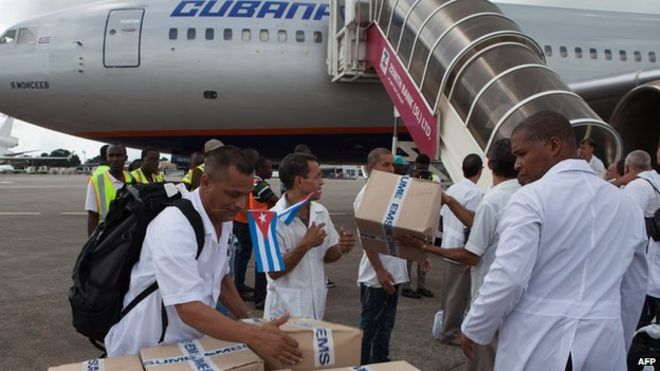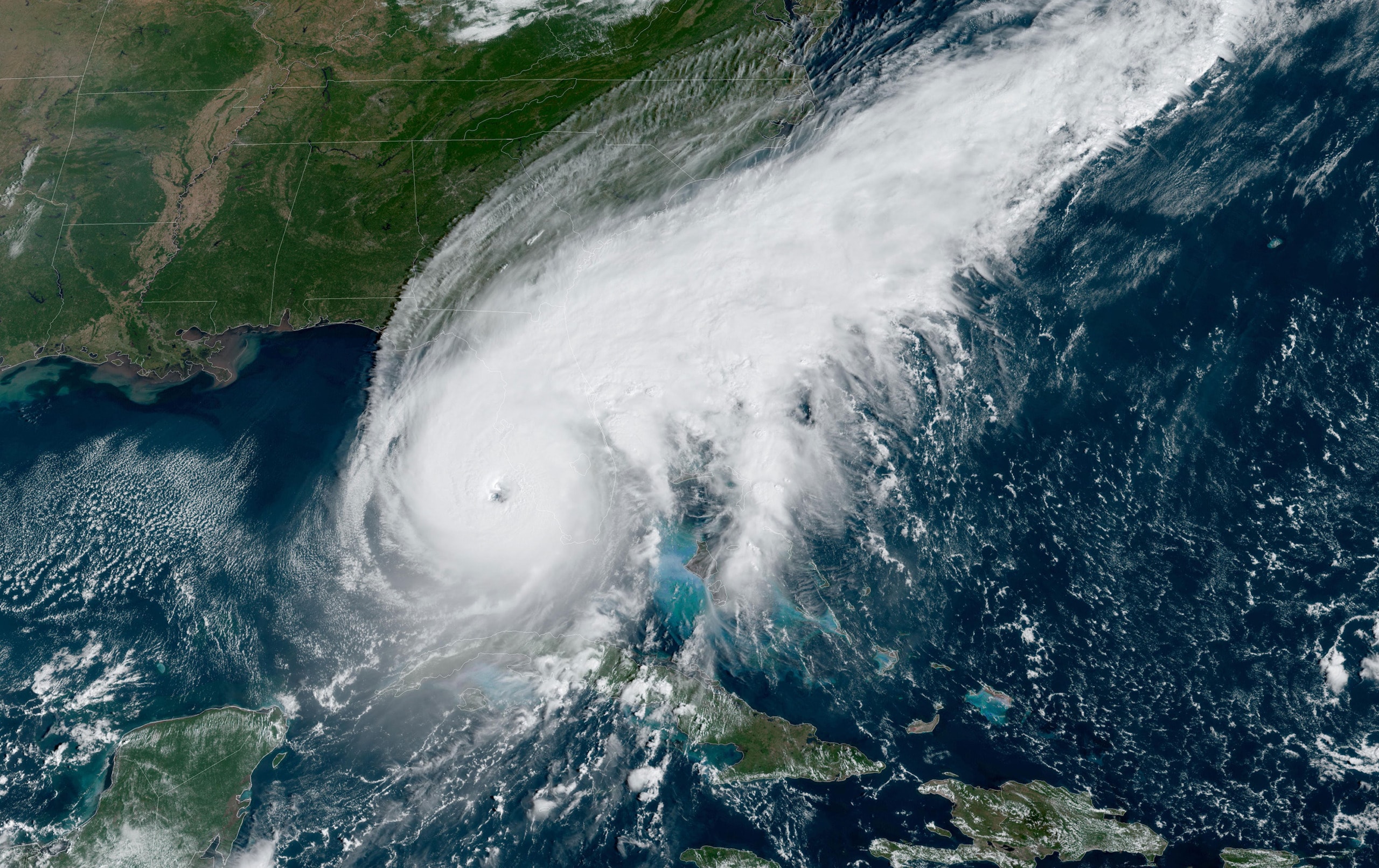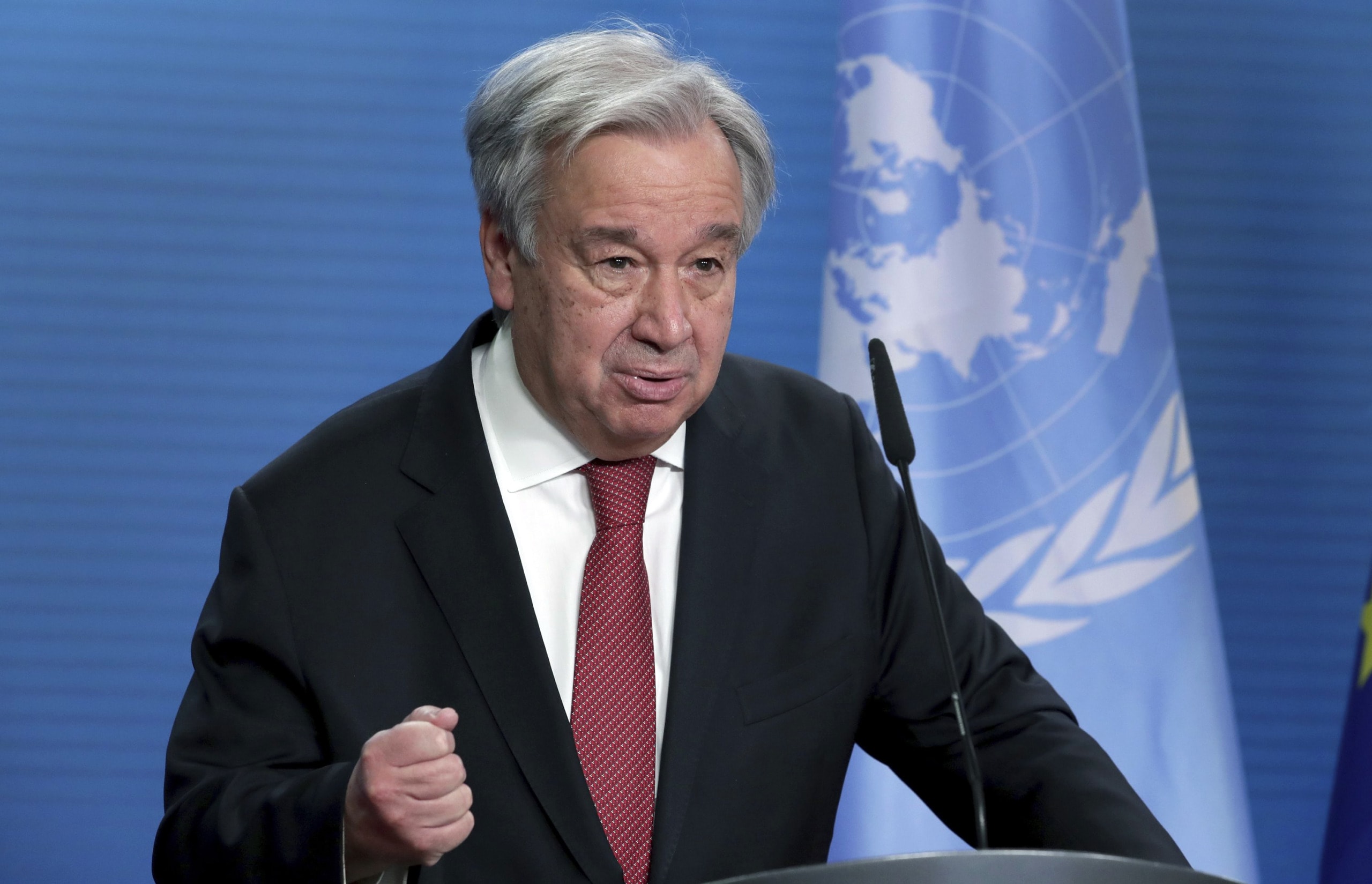Yesterday the U.N. General Assembly voted overwhelmingly to condemn the U.S. blockade of Cuba – a long-standing economic, commercial and financial set of measures – rejecting U.S. concerns about human rights on the Caribbean island.
The vote was 187-3 with the U.S., Israel and Brazil voting against the resolution and Ukraine and Colombia abstaining. Thus, compared to the previous years, three pro-Trump populist governments have come to the side of the U.S. In 2018, the result had been 189-2 with no abstentions with the usual votes against by the U.S. and its loyal ally, Israel.
Related topics: The Cubans Who Taught Us About Clean Energy – The 2019 SDG Finance Geneva Summit Roundup – Trump’s Hold on International Trade and Finance
It is the 28th time the Assembly approves the Cuba-proposed resolution, which has generated the record of affirmative votes in the history of the United Nations. The annual debate on the matter began on November 6, with the intervention of 31 national representatives calling for an end to the sanctions and criticizing the Trump administration for intensifying restrictions against the Caribbean island over the past year. It continued on November 7 with further member States denouncing the measures.
The U.S. embargo on Cuba is considered a violation of international law concerning the non‑interference in the affairs of sovereign nations, and it jeopardizes not just the health and welfare of the people of Cuba but the entire region’s development. The embargo, established in the 1960s, has indeed become a blockade since, as reminded by U.N. Secretary-General António Guterres, it also concerns and affects third-countries.
Delegates lamented that it was strengthened in 2018-19, wiping out any chance of dialogue, following steps toward normalization undertaken by the two countries about the end of Barack Obama’s second mandate. Even though the sanctions regime has never stopped, talks had begun in 2015-16 between Cuba and the United States and diplomatic activities had been re-established.
The Damage Done by U.S. Blockades and Trade Embargoes
Riyad H. Mansour, Permanent Observer for the State of Palestine, speaking on behalf of the ‘Group of 77’ which includes all developing countries and China, said that the sanctions imposed by the United States have a demonstrably negative effect on the Cuban population. “Limited foreign investment and difficult access to development credits translate directly into economic hardship and humanitarian impacts for the people of Cuba,” he said, noting that from April 2018 to March 2019, the loss to Cuba’s foreign trade totalled more than $4 billion.
According to many U.N. delegates, the extraterritorial nature of the embargo is reflected in the financial restrictions on third-country banks and the imposition of fines on foreign institutions. The U.S. policy was referred to as being the main barrier against the full-fledged enjoyment of human rights in Cuba and a major hamper to the ability of the country to realize the goals of the 2030 Agenda for Sustainable Development.
Vietnam’s representative said that, as a country that experienced and suffered under a United States trade embargo for 19 years, it fully understands the difficulties and the damage sanctions can wreak upon a country. “The reality of the relations between Vietnam and the United States shows that only constructive dialogue and engagement can foster mutual trust and bring positive change,” he added.
Speakers from Latin America and the Caribbean suggested that the policy of the United States was an obsolete anachronism that dates back to the cold war, also noting that the embargo is currently being applied with even greater intensity than when it was first instituted.
The Cubans estimate block-related damage in more than 9 hundred billion dollars. China supported such a position expressing hope that the United States and Cuba will normalize relations and “move with the historical trend of our times”, and stating that this would also serve the common interests of the two countries and promote peace and prosperity in the region.
No other country has suffered 60 years of blockade, yet Cuba has succeeded in making great strides especially in the medical field, developing unique patents and drugs and reaching – according to WHO data – an even higher life expectancy level than that of the United States itself.
Cuba also offers a major example of cooperation in the medical field, with Cuban doctors at work in 60 countries around the world. As several delegates recalled at the Plenary Assembly, the medical intervention of Cuba stood out in Haiti after the earthquake, in the Bahamas following the hurricane Dorian and in Africa for the Ebola epidemic.
American policy towards Cuba has taken a step back since Obama’s historic aperture and this worsening blockade is but one more element buffeting the world economy, already destabilized by the on-going US-China trade war and the sanctions on Iran.














